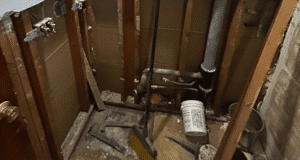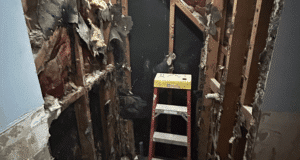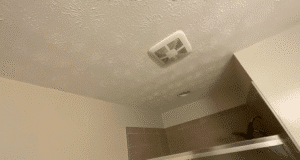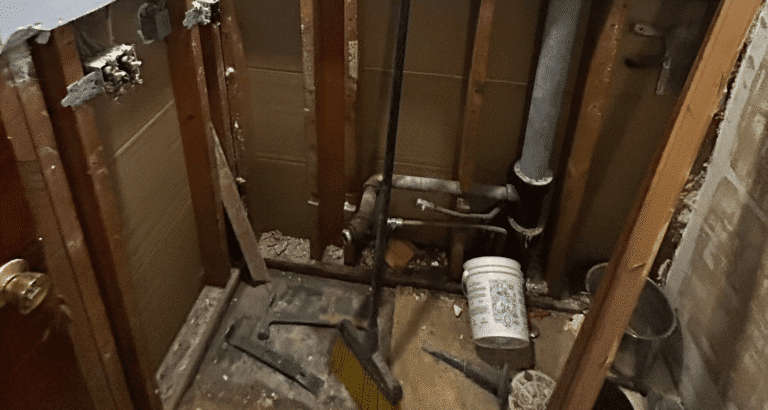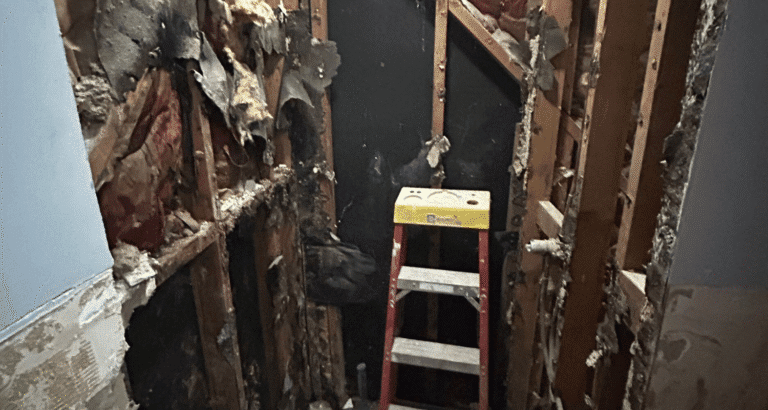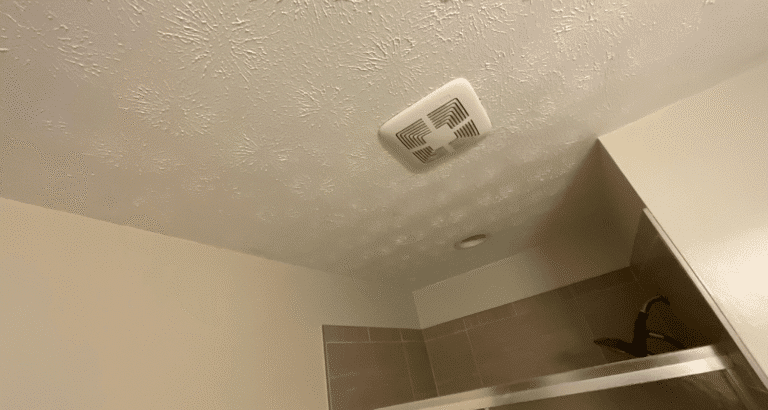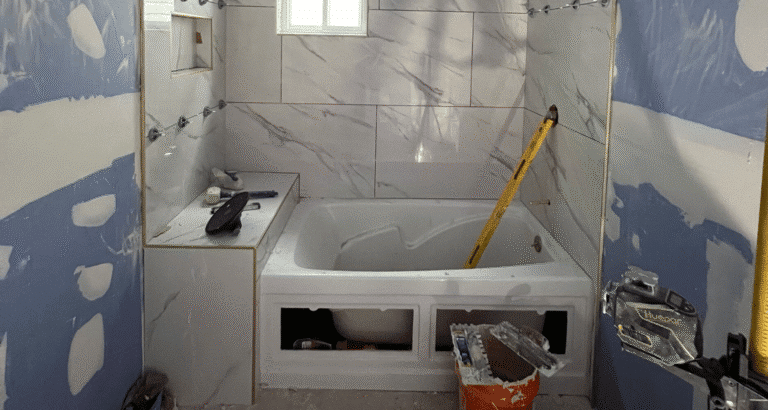The process of conducting a home inspection is a vital part of the home-buying process. It reveals problems that might require a callback before deciding on the sale, which gives rise to repairs after inspection. However, after those repairs, who guarantees that the work is done correctly?
Knowing how to identify repairs can be even more important than identifying them. First-time buyer or an experienced investor, this step in the home buying checklist can save you tens of hours of stress and thousands of bucks. Our company, Builders Group Construction, appreciates the opinion of qualified contractors and certified home inspectors who make homes meet the requirements before completing the transaction.
What Is The Process Of Home Inspection?
The buyer typically orders a home inspection when a purchase agreement is signed. It is carried out by a qualified home inspector who is supposed to evaluate the general state of the property. Originating at the foundation and continuing to the roofing system, an inspector examines a home’s structure, systems, and safety.
A detailed report is made of their findings, and it is not uncommon to find instances where the issues brought up are of a minor cosmetic nature and, sometimes, significant structural shortcomings.
This report can be used as a negotiation tool in which buyers can ask to do repairs after the place has been inspected before proceeding with the transaction. Knowledge about this process will enable consumers to make sound decisions.
What Are Post-Inspection Repairs?
Post-inspection repair includes repairs on items that the seller agrees to do before the closing date, but are identified in the inspection report. Some of the routine maintenance is electrical, leakage, or HVAC issues. These have to be verified well to spare future costs. Failing to check contractors may expose buyers to subpar work or poor craftsmanship after occupancy.
- Electrical repairs
- Plumbing issues
- Roof damage
- HVAC faults
- Seller Responsibility
- Repair verification

Who is Responsible for Making the Repairs?
Sellers are usually known to do the agreed-upon repairs; however, in some instances, the buyer may negotiate a credit and get the repairs done independently after the sale. In the cases where the seller does repair, the seller is often expected to employ qualified individuals with licenses to do the job, depending on the scale of the job.
We suggest that the seller and buyer use professional, covered contractors, as we believe in industry insurance and should negotiate to cover the time needed in real estate and acquire permits. The contractor also presents records, including receipts and work orders, to act as a record that the repairs were done correctly. Such a recording is very essential in the subsequent process of verification.
Who Verifies the Repairs?
Here is where it might become a bit tricky. Most parties can carry out verification, although usually, the verification is based on the agreement reached in the initial contract. On most occasions, the buyer insists that the original licensed home inspector return to the house to re-inspect.
This makes it so that the same person identifies the issues in the initial stage, and that person also solves any problems that arise. Specifically, in other cases, an expert contractor or the company is to be checked by a third party. They aim to ensure all repairs are tested for quality, completeness, and code compliance.
Role Of Certified Home Inspectors In Verification
Certified home inspectors also do follow-up inspections to see that repairs that were agreed on have been carried out. They do not depend on technical testing, but on documentation and non-invasive checks. They are not licensed to deal with special systems. Thus, the experts in contracting must be hired when checking complex repairs, such as wiring or even HVAC-related repairs.
- Re-inspection visit
- Visual checks
- Repair confirmation
- Limited scope
- Specialty referrals
- Documentation review
The Importance of Contractor Verification
Contractor verification is also necessary because not only does it make sure that the work is done, but it is also done according to the local codes, industry standards, and safety regulations. Anyway, a licensed contractor is not an impeccable one.
Quality contractors will warranty their work, and if any repair is done, they always check it with their supervisor. Verification may include site photos, video tours, permits, or sign-offs at individual building departments. This step is essential because unless it is done, the buyer cannot be sure that the repairs done meet the required standards and might present legal and safety liability in the future.
Read More: Convert A Warehouse Into Home: Dream Urban Space
What Should Be Included In Your Home Buying Checklist?
A powerful home-buying checklist would make the process easy and flawless. It should include a written agreement of repair, licensed contractors, re-inspection, and final walk-throughs. Documentation such as warranties and permits should always be collected. Before closing, check to ensure that what is done is adequately conducted to assure that no safety, value, or peace of mind is lost; this will save costly problems in the future.
- Repair agreements
- Licensed professionals
- Re-inspection scheduling
- Final walkthrough
- Permit collection
- Warranty review

How Real Estate Agents Assist in the Process
A good real estate agent is essential in ensuring that repairs carried out after inspection are checked. They arrange connections between buyers, sellers, inspectors, and contractors.
Agents make sure that the repair agreements are well spelled out within the contract and that they keep to their deadlines. They may suggest reliable inspectors and contractors, and they may follow receipts and solve disputes in case the buyer feels that he was not given what was promised, as the job was done. Although it is not the practice that the agents participate in the technical evaluation of the repairs, they are the representatives of their clients in the entire home inspection process, and they contribute to ensuring that no item is forgotten in an attempt to make a deal.
Should Buyers Rely on Sellers for Repair Confirmation?
As much as the sellers may give receipts/before and after pictures, they are never to be fully trusted by the buyer and only use the seller as a facility to do whatever they choose. Although the seller may be in good spirits, there is no assurance that the job was/is done to standards unless checks are done independently.
A best practice is to hire a licensed home inspector and have a revisit of the repairs done by a contractor of their preference. This method not only provides customers with peace of mind, but the buyer is also legally covered in case of problems that arise after closing. Contractor verification is the best thing a person should practice in the competitive real estate business.
Final Thoughts
Checking repairs following a home inspection is an important yet underestimated aspect of the real estate venture. Ignoring this stage may expose the buyer to unwanted repairs, danger, and court wrangles. When you do this inspection after certified home inspectors or licensed contractors, you verify that all the work has been completed in a thoroughly appropriate, safe, and code-compliant manner.
Now that you are about to buy your next house, make repair verification one of the essential steps on your home-buying checklist. When you have professionals such as Builders Group Construction, you can be sure you can go ahead with integrity because all the details have been taken care of.
FAQs
What Fixes are Mandatory After a Home Inspection?
Not everything found in a home inspection needs to be repaired. Still, in most cases, other safety concerns (such as dangerous conditions, building code deficiencies, or structural damage) may need to be attended to before sale. The lenders can also insist on some corrections in order to approve a loan. Buyers and sellers are advised to prioritize the above to prevent possible delays, mitigation, or renegotiations.
- Safety hazards
- Code violations
- Structural damage
- Lender requirements
- Health concerns
- Legal compliance
Should You Rely On Re-inspections?
Yes, re-inspection is important because it confirms that the repairs made are correct. It also holds other stakeholders accountable, emphasizes any job done, and provides peace of mind before signing off. Although the problem may not be detected, re-inspections can enhance visual confirmation and confirm the contractor’s claims. It is a very good move in any home-buying checklist.
- Visual inspection
- Repair validation
- Buyer assurance
- Final review
- Missed issues
- Inspector feedback


